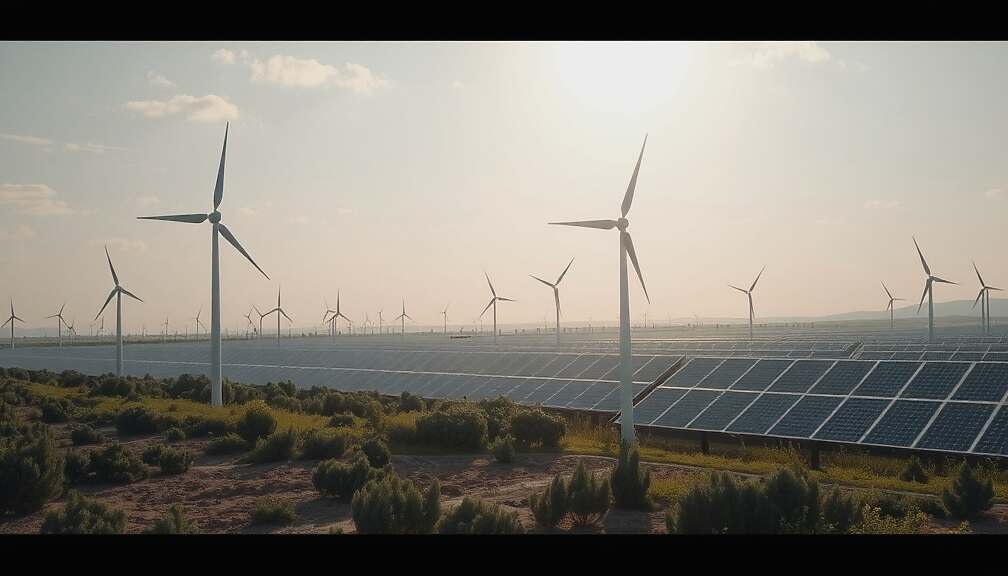Germany has seen a significant reduction in energy-related carbon dioxide (CO2) emissions from its economy and private households over the past decade. According to data released by the Federal Statistical Office (Destatis), these emissions decreased by 29.6% between 2010 and 2023, falling from 770.9 million tonnes to 543.0 million tonnes.
Energy-related emissions account for the largest proportion of overall CO2 emissions generated by German businesses and residents, representing 73.5% in 2023. These emissions stem from the combustion of fossil fuels and biomass for energy production. In total, businesses and households produced 738.7 million tonnes of CO2 in 2023, a 25.1% reduction compared to 986.6 million tonnes in 2010.
The energy supply sector, including electricity and district heating providers, was the largest contributor to energy-related CO2 emissions in 2023, responsible for 38.4%. This was followed by the manufacturing sector (27.0%) and private households (18.6%), collectively accounting for 84.0% of the total.
The primary driver of the overall decline in energy-related emissions was a substantial reduction in the energy supply sector, which decreased its emissions by 40.3% since 2010. This reduction is largely attributed to a significant decrease in coal usage (-52.0%) in power plants.
Private households also contributed to the reductions, with energy-related CO2 emissions totaling 101.0 million tonnes in 2023, a 23.1% decrease from 131.3 million tonnes in 2010. The majority of these emissions originate from the burning of natural gas (46.4 million tonnes), mineral oil (28.2 million tonnes, including 26.2 million tonnes of light heating oil) and biomass like wood (25.2 million tonnes).
The manufacturing sector was the second-largest emitter of energy-related CO2, producing 146.7 million tonnes in 2023, a 11.8% decrease from levels recorded in 2010. Emissions from mineral oil and natural gas saw significant declines, while those from derived gases-such as coke oven, blast furnace and converter gas-increased by 5.1% over the same period.
The service sector also experienced a reduction in energy-related CO2 emissions, decreasing by 31.1%. Road transport accounted for 20.9% of total CO2 emissions, second only to energy-related emissions, with process emissions following at 5.5%. Process emissions are generated not through energy production, but through industrial manufacturing processes and agriculture.
Road transport generated 154.7 million tonnes of CO2 in 2023, down from 164.7 million tonnes in 2010 (-6.1%). Emissions initially rose slightly between 2010 and 2019, before experiencing a 12.2% drop in 2020 due to restrictions during the COVID-19 pandemic. Since then, emissions have remained relatively stagnant. Private households accounted for the largest share of emissions from road transport in 2023, representing 57.5% (88.9 million tonnes).












